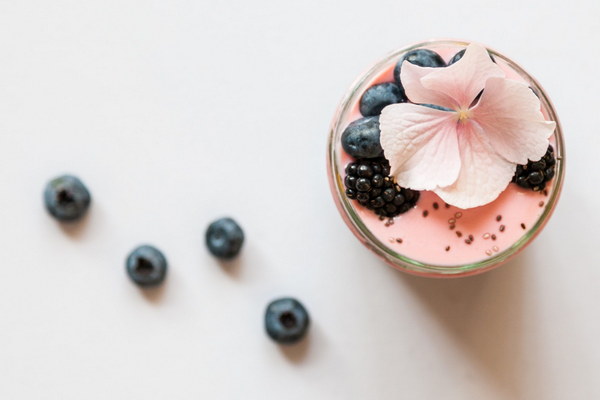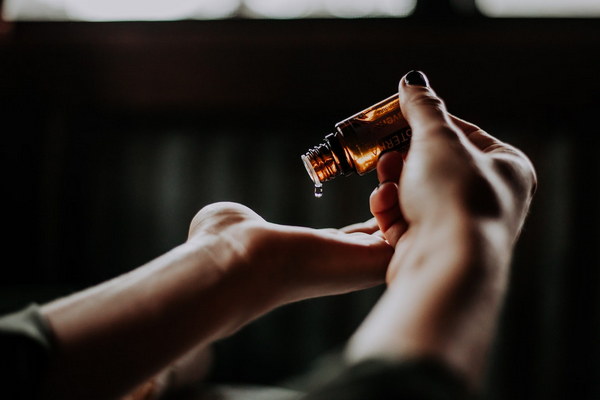The Three Telltale Signs of a Mans Kidney Care A Guide to Renal Health
In today's fast-paced world, it is essential for men to pay attention to their health, especially the health of their kidneys. The kidneys play a vital role in filtering waste products from the blood, maintaining electrolyte balance, and regulating blood pressure. Unfortunately, many men neglect their kidney health, leading to various complications. Here are the three telltale signs of a man's kidney care, which can help you identify if you are on the right track to renal health.

1. Regular Hydration
The first and most significant sign of good kidney care is regular hydration. Drinking enough water throughout the day is crucial for maintaining healthy kidney function. Adequate hydration helps to flush out toxins and waste products from the kidneys, reducing the risk of kidney stones and infections. The general recommendation is to drink at least 8 glasses of water a day, but individual needs may vary depending on factors such as climate, physical activity, and overall health.
When you are well-hydrated, you may notice the following signs:
- Increased urine output: Regularly urinating is a sign that your kidneys are effectively filtering waste from your blood.
- Clear, pale urine: This indicates that you are consuming enough fluids and that your kidneys are working well.
- Improved energy levels: Proper hydration can enhance your overall energy and help you stay alert throughout the day.
2. Balanced Diet
Another critical aspect of kidney care is maintaining a balanced diet. A well-rounded diet can help reduce the risk of kidney disease and support overall renal health. Here are some tips for a kidney-friendly diet:
- Limit salt intake: Excessive salt can lead to high blood pressure, which is a risk factor for kidney disease. Aim for no more than 2,300 milligrams of sodium per day, or less if you have kidney problems.
- Reduce protein intake: High protein diets can put stress on the kidneys. Opt for lean proteins such as fish, chicken, and plant-based sources, and limit red meat consumption.
- Increase potassium intake: Potassium is essential for maintaining proper kidney function. Foods rich in potassium include bananas, oranges, and leafy green vegetables.
- Stay away from processed foods: Processed foods often contain high levels of sodium, sugar, and unhealthy fats, which can harm your kidneys.
When you adhere to a balanced diet, you may notice the following signs:
- Improved digestion: A healthy diet can help prevent constipation and other digestive issues.
- Weight management: A balanced diet can aid in maintaining a healthy weight, reducing the risk of obesity-related kidney disease.
- Reduced inflammation: A diet rich in fruits, vegetables, and whole grains can help lower inflammation, which is beneficial for kidney health.
3. Regular Exercise
Regular physical activity is another crucial component of kidney care. Exercise improves blood circulation, helping to maintain healthy blood pressure and reducing the risk of kidney disease. Here are some tips for incorporating exercise into your routine:
- Aim for at least 150 minutes of moderate aerobic exercise or 75 minutes of vigorous aerobic exercise per week.
- Include strength training exercises at least two days a week.
- Stay active throughout the day by taking the stairs, walking during breaks, or engaging in other physical activities.
When you maintain a regular exercise routine, you may notice the following signs:
- Improved mood: Exercise can help reduce stress and improve your overall mood.
- Enhanced sleep quality: Regular physical activity can help you fall asleep faster and enjoy deeper sleep.
- Increased energy levels: Regular exercise can boost your energy and help you stay active throughout the day.
In conclusion, the three telltale signs of a man's kidney care include regular hydration, a balanced diet, and regular exercise. By paying attention to these aspects of your health, you can significantly reduce the risk of kidney disease and support overall renal function. Remember, it's never too late to start taking care of your kidneys; the sooner you begin, the better your chances of maintaining good kidney health.









